Exports down 80%
According to data from the Ministry of Agriculture and Rural Development (MARD), as of mid-February, Vietnam had only exported about 3,500 tons of durian, down 80% compared to the same period last year.
As a fruit that drives the export turnover of the entire fruit and vegetable industry, when durian exports decrease, Vietnam's fruit and vegetable export turnover also decreases.
According to the Vietnam Fruit and Vegetable Association, Vietnam's fruit and vegetable export turnover reached only 416 million USD in January, down 11.3% compared to the previous month and 5.2% compared to the same period in 2024.
The sharp decline in durian exports is due to China tightening inspection of yellow O on durian. When carrying out import and export procedures, the Chinese side will take samples and inspect 100% of the shipment. Only if there is no yellow O residue will customs clearance be granted.
In addition, Vietnamese durian exported to the European Union (EU) will also have to increase the frequency of border inspections from 10% to 20% due to repeated non-compliance with regulations on pesticide residues.
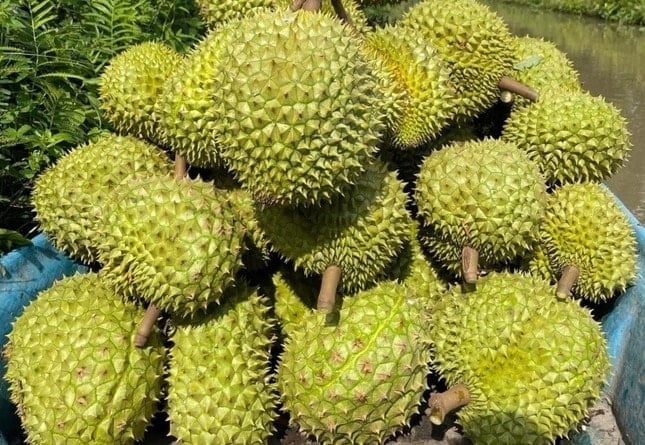
Recently, the Taiwan Food and Drug Administration (TFDA) of China has just issued a document announcing that it will extend the order to strengthen inspection of durian imported from Vietnam. Specifically, to ensure food safety for imported products, Taiwan and China will continue to apply the measure of inspecting each batch of fresh durian imported from Vietnam until April 30.
Previously, TFDA issued a request to inspect each batch of fresh durian imported from Vietnam from August 12, 2024 to February 11, 2025, after discovering 4 imported batches that did not meet standards within the last 6 months.
Urgently find a position for durian
The Ministry of Agriculture and Rural Development believes that countries increasing inspection measures for imported durian is a necessary step to ensure food safety for consumers. However, when China applied mandatory inspection for all imported durian shipments, it created many difficulties for Vietnamese durian exporters and growers.
To overcome this situation, the Ministry of Agriculture and Rural Development is negotiating with China to resume durian exports according to the protocol signed by the two countries.
The Ministry of Agriculture and Rural Development also recommends that businesses strictly implement inspection measures according to Chinese regulations. In order to ensure that there is no congestion due to a lack of testing rooms, the Ministry of Agriculture and Rural Development has stepped up the testing capacity of 9 testing rooms in Vietnam recognized by China, and continued to send 6 more sets of documents to the testing rooms for recognition.
According to the Vietnam Fruit and Vegetable Association, the current problem of the durian industry is very worrying, not only in the decline in exports but also in the handling of durian batches that do not ensure food safety. Specifically, when durian batches are refused customs clearance due to food safety reasons, there is a situation of turning around and selling them cheaply to people. If this issue is not strictly controlled, the domestic market will also lose confidence in durian.
The Vietnam Fruit and Vegetable Association recommends that durian gardens need to change their farming methods, avoid overusing imported fertilizers of unknown origin, and that packaging facilities need to change post-harvest preservation technology to ensure food safety for consumers and ensure compliance with export regulations. In addition, the association also hopes that the authorities will soon intervene to solve the current problems of the durian industry.
The Ministry of Agriculture and Rural Development said it is currently implementing a nationwide chemical residue monitoring program to control the quality of fruits and agricultural products right from the production stage, thereby ensuring that products meet export standards. This is expected to contribute to strengthening the confidence of both domestic and international markets in this “billion-dollar” fruit.
Source: https://baodaknong.vn/sau-rieng-dang-lam-nguy-243334.html





![[Photo] Military doctors in the epicenter of Myanmar](https://vstatic.vietnam.vn/vietnam/resource/IMAGE/2025/4/6/fccc76d89b12455c86e813ae7564a0af)
![[Photo] Prime Minister Pham Minh Chinh chairs the regular Government meeting in March](https://vstatic.vietnam.vn/vietnam/resource/IMAGE/2025/4/6/8393ea0517b54f6791237802fe46343b)

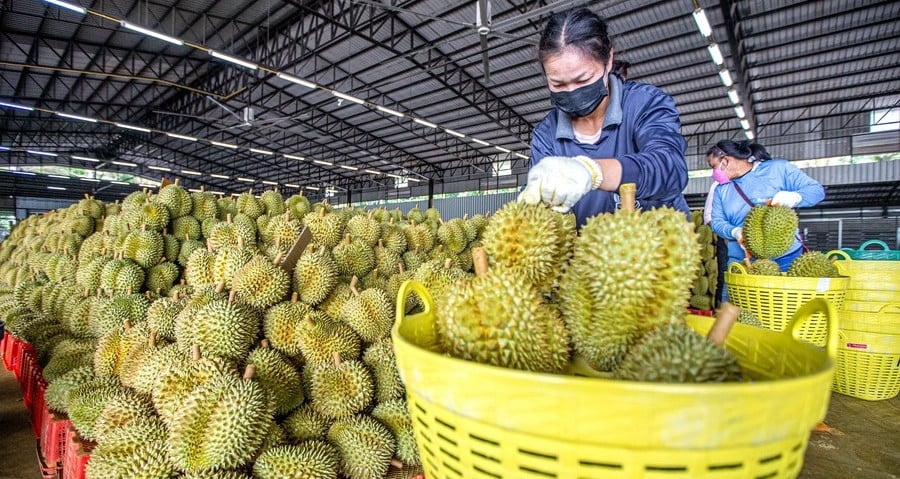

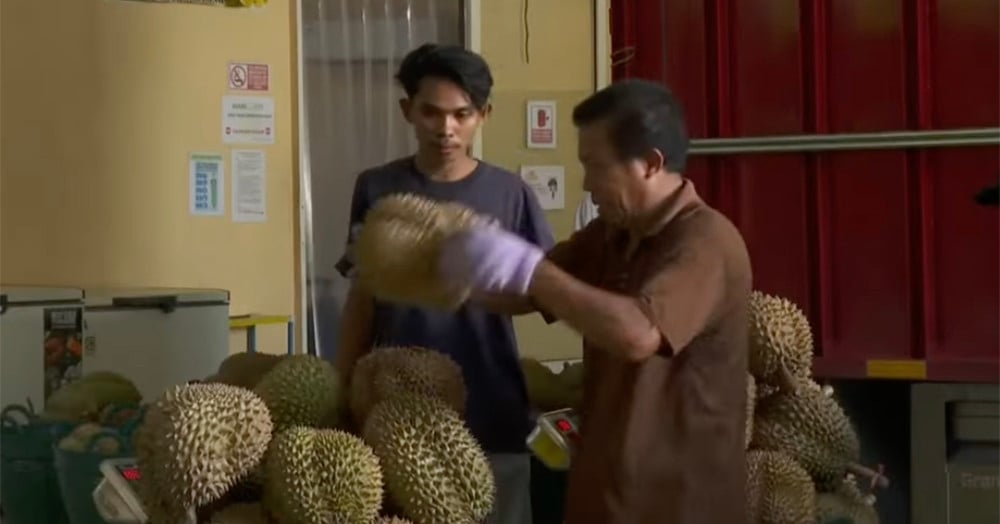
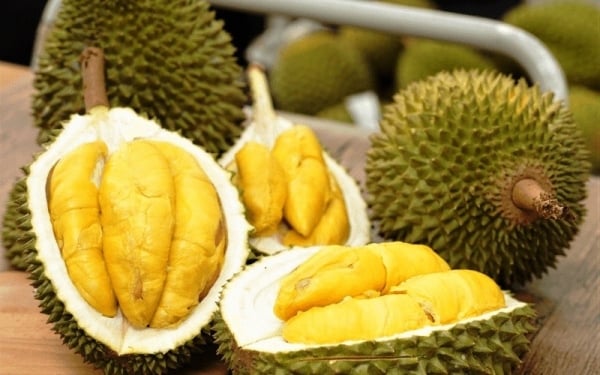

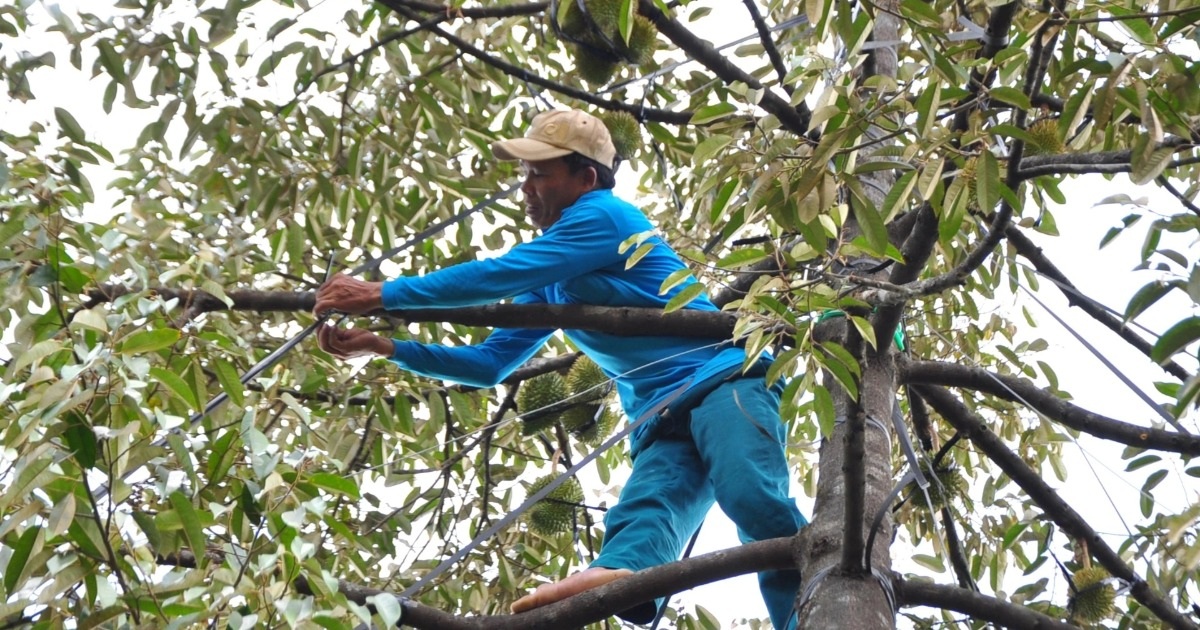

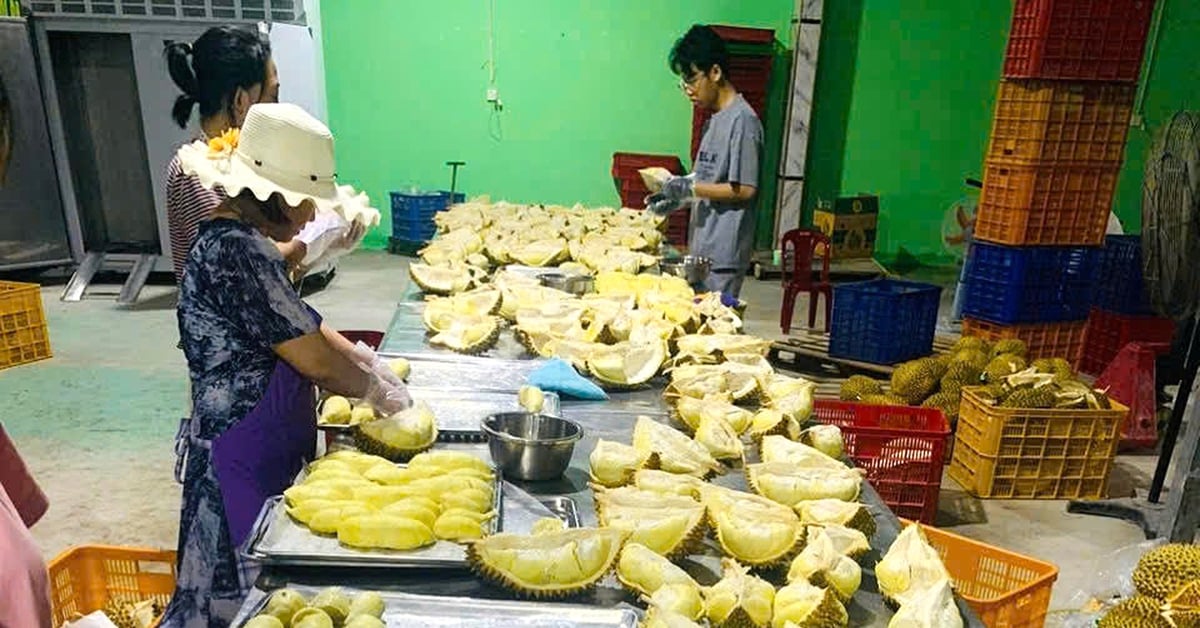

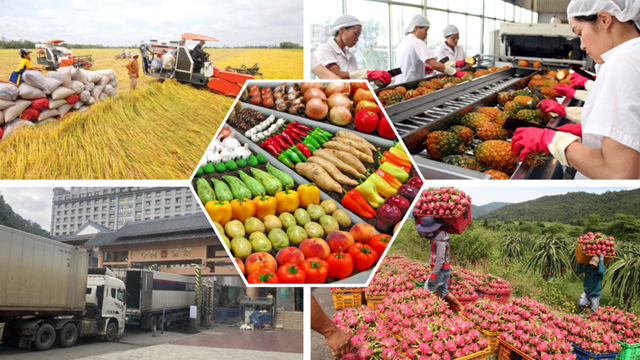










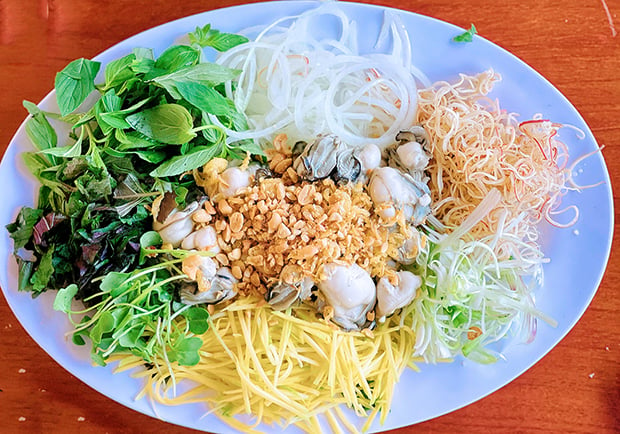


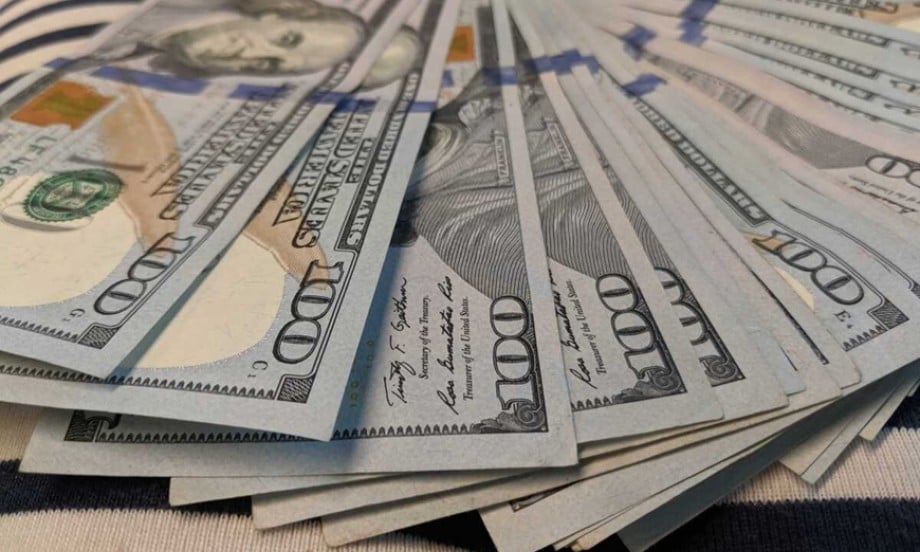

![[Photo] Quang Binh: Bright yellow vermicelli flowers in Le Thuy village](https://vstatic.vietnam.vn/vietnam/resource/IMAGE/2025/4/6/80efad70a1d8452581981f8bdccabc9d)







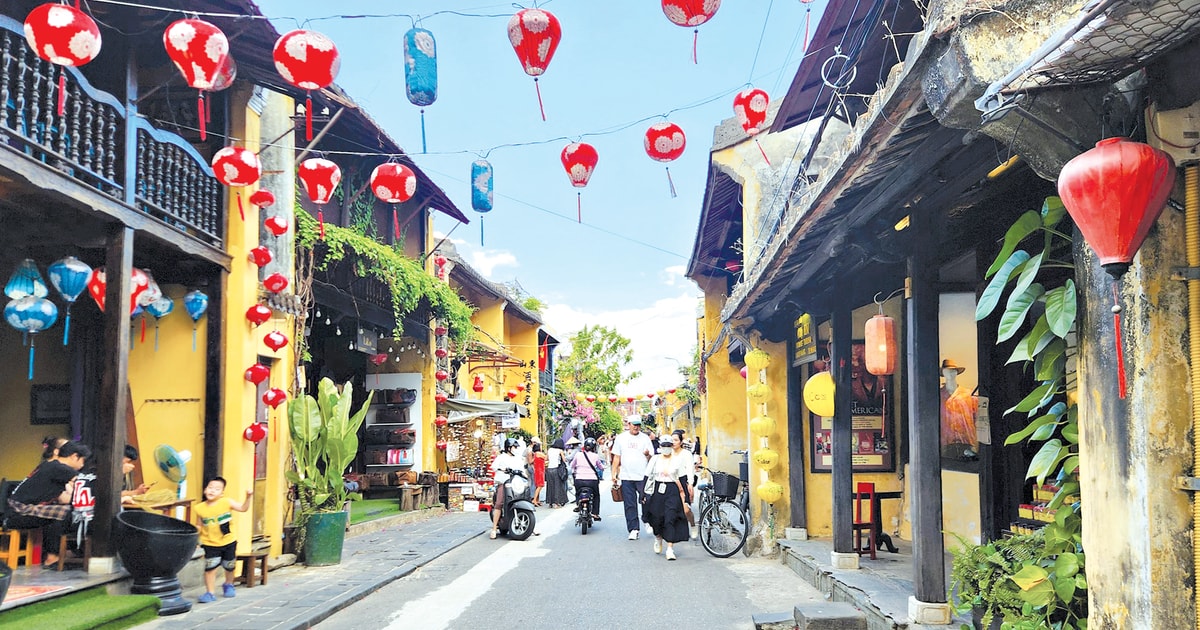












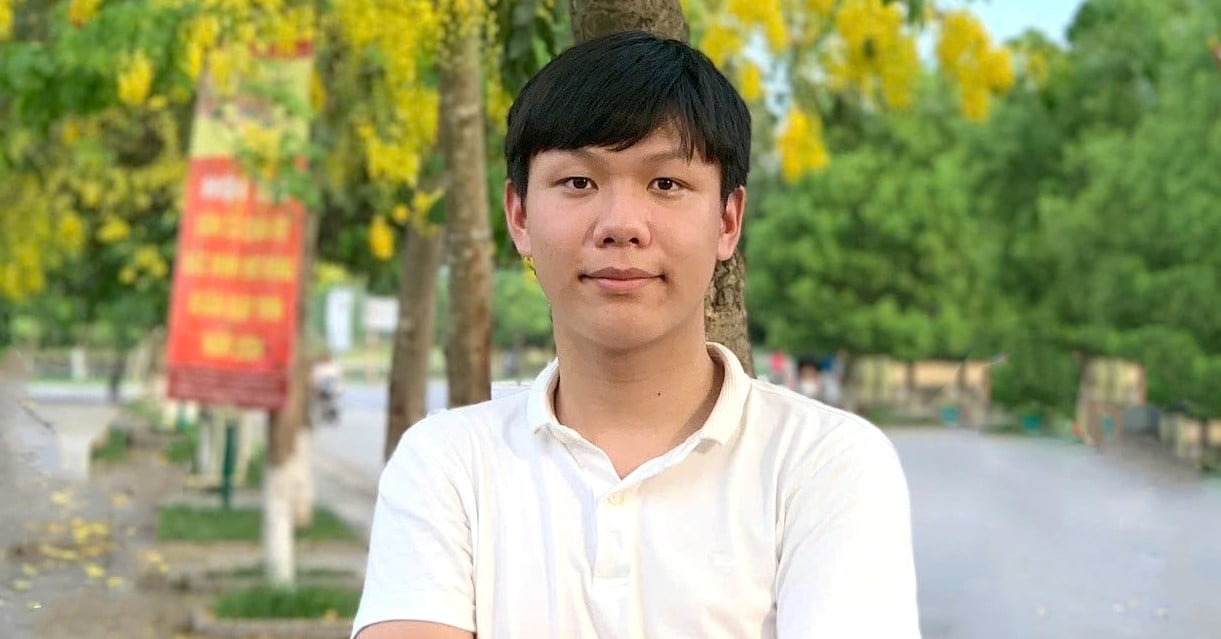



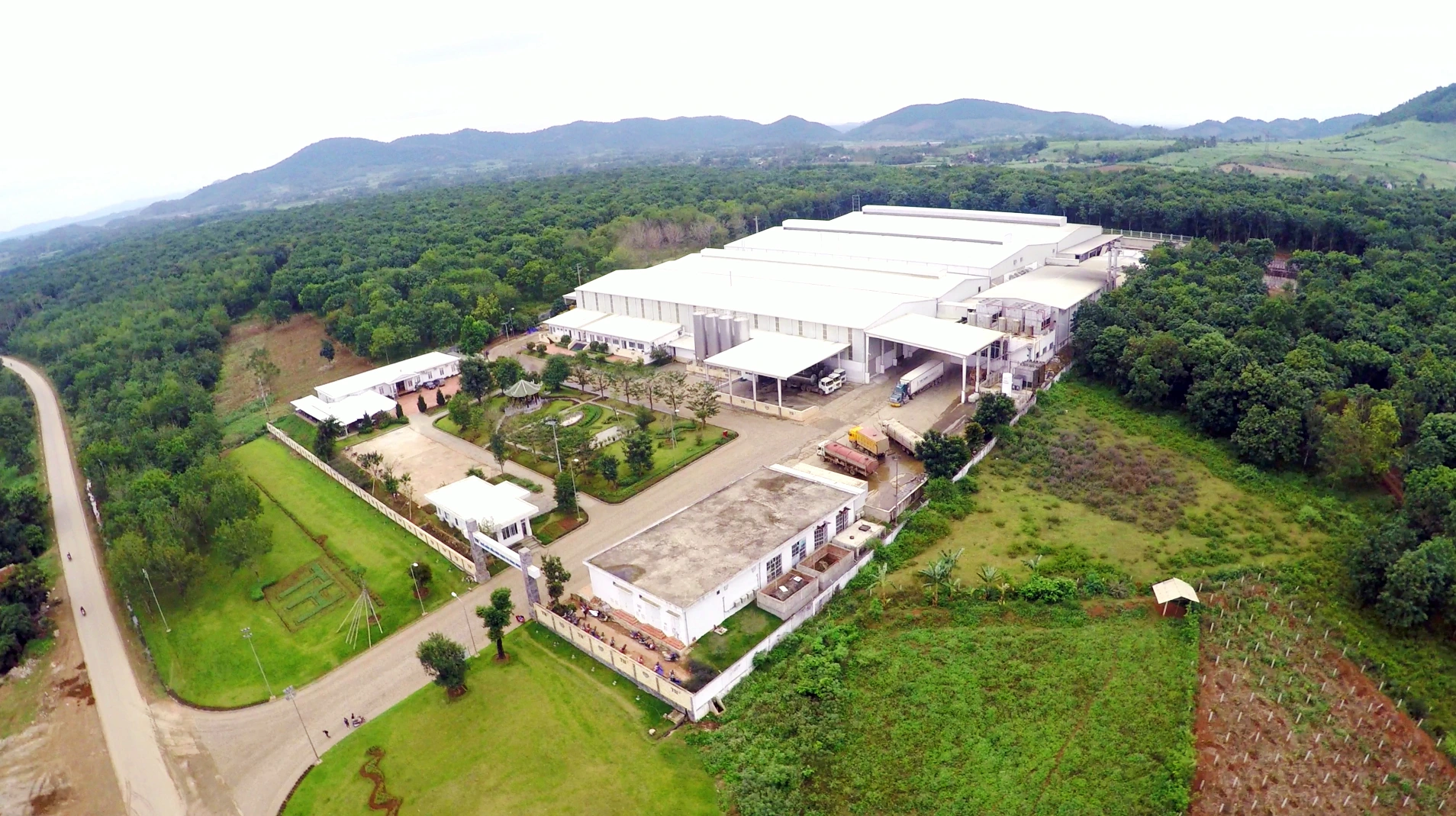
















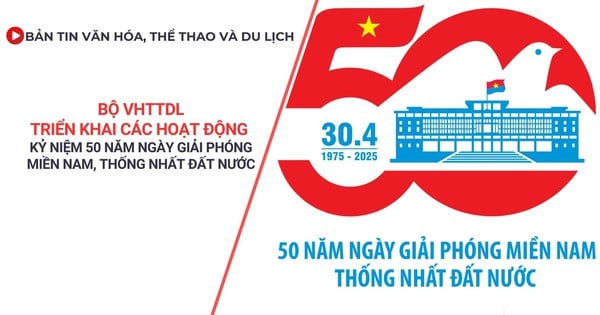






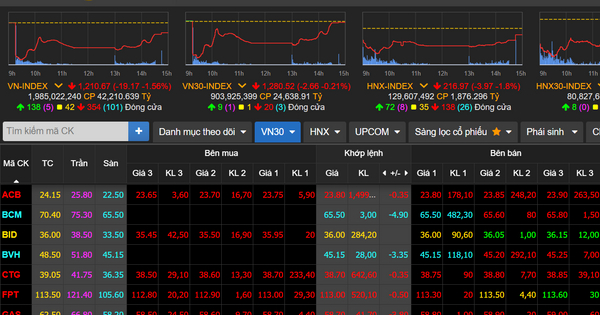


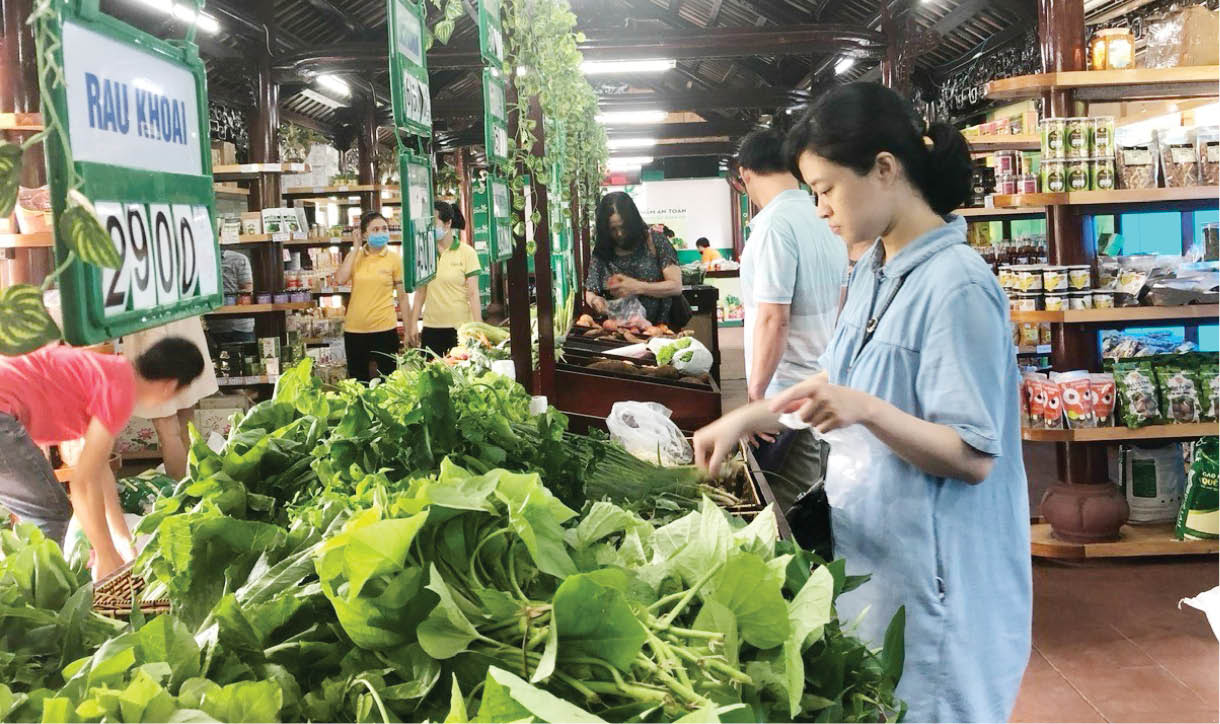


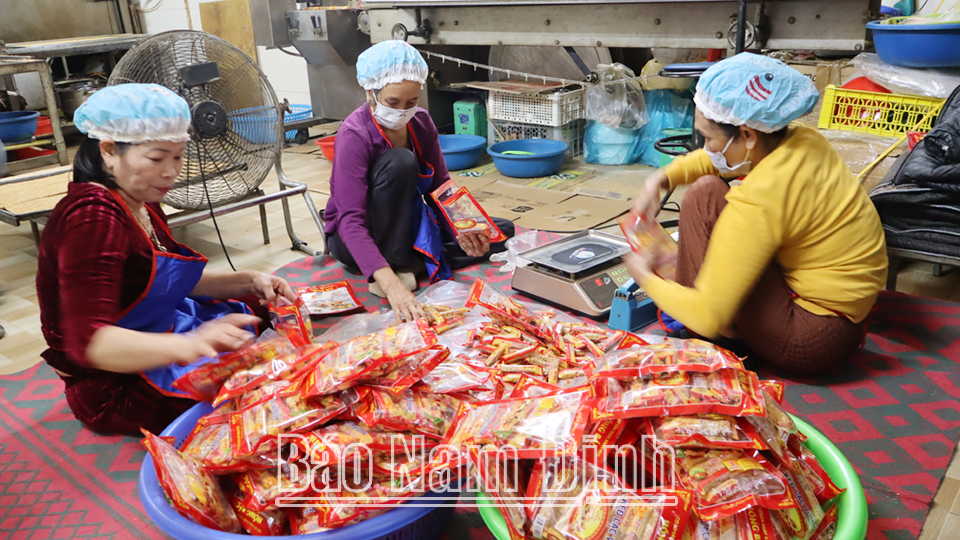

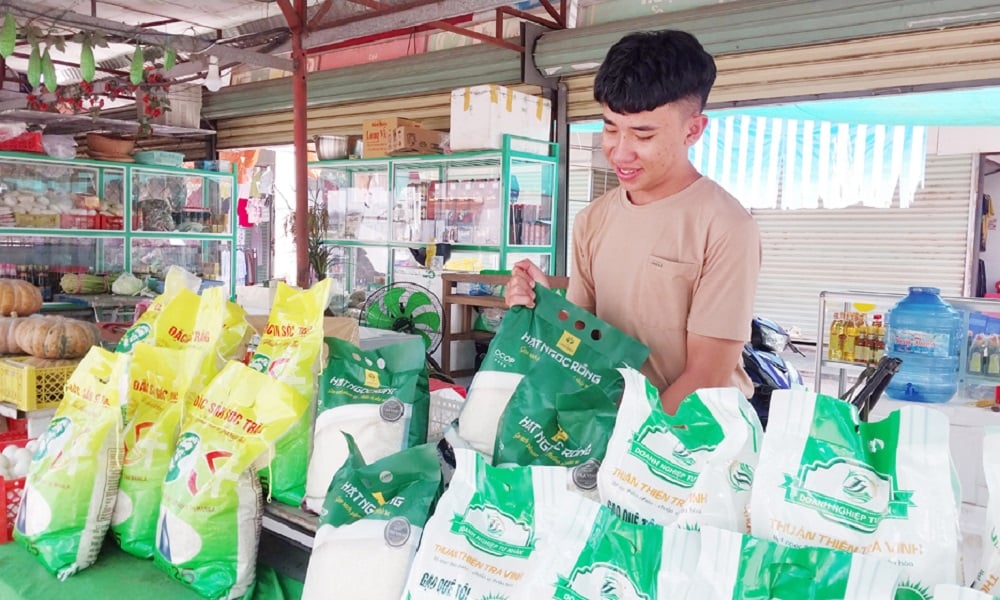
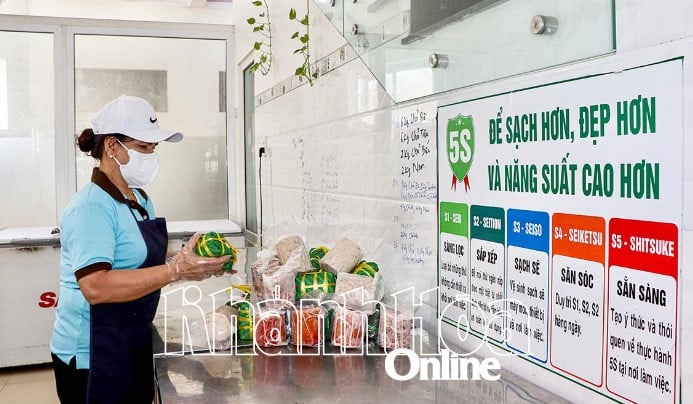

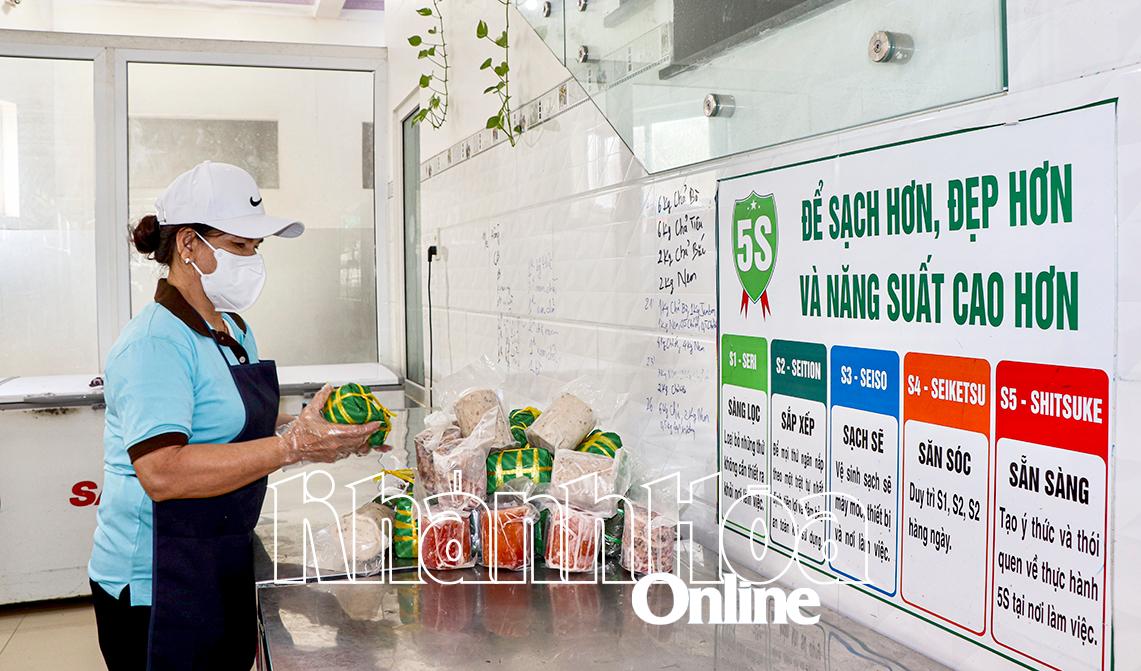
Comment (0)